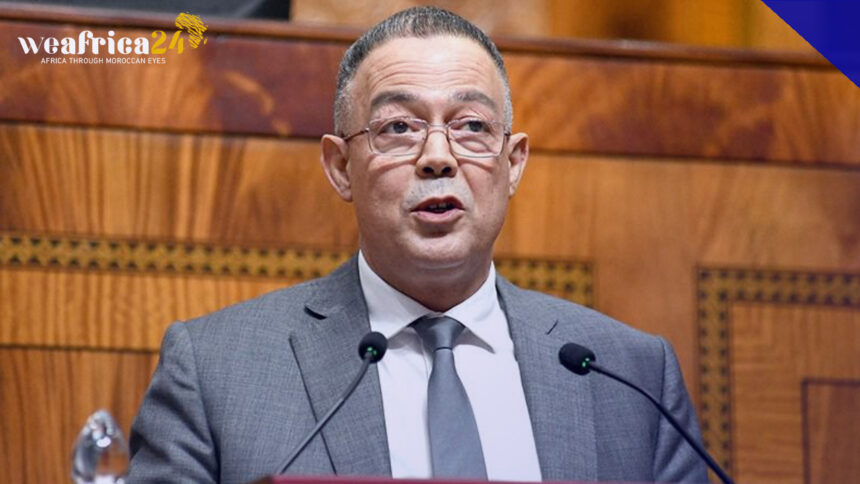The Moroccan government has decided to postpone further reductions in subsidies, primarily in response to the influence of geopolitical tensions on pricing, as confirmed by the budget minister. While Morocco initiated subsidy reductions on fuel in 2015, a measure commended by the International Monetary Fund (IMF), the country remains responsible for regulating the prices of essential commodities such as soft wheat, cooking gas, and sugar.
The Moroccan government has initiated the establishment of a national register aimed at identifying households requiring direct cash assistance, signaling the preliminary steps toward the eventual dismantling of the subsidy system.
According to Fouzi Lekjaa, subsidy reform remains a consistent priority; however, he pointed out that the uncertain geopolitical landscape has created challenges in predicting price trends. He conveyed to Reuters, during the IMF-World Bank meetings in Marrakech, that the reform would resume when more favorable conditions become evident.
For the year up to July, Morocco’s expenditure on subsidies amounted to 17 billion dirhams, which is equivalent to $1.7 billion. This figure represents a notable reduction of 32% in comparison to the previous year when the annual expense to maintain price stability surged to 42 billion dirhams, equivalent to $4 billion. This increase was primarily due to the elevated costs of soft wheat and butane gas.
The government’s outlook includes a plan to reduce the fiscal deficit to 4% by 2024, compared to the anticipated 4.5% for the current year, as stated by Lekjaa. He emphasized that the preservation of macroeconomic stability remains a crucial objective in public finance strategy. This commitment comes shortly after an earthquake struck the Atlas mountains, resulting in the tragic loss of nearly 3,000 lives and affecting the well-being of 2.8 million people.
The reconstruction endeavor following the earthquake is expected to have a positive impact on economic growth, as emphasized by Lekjaa. The primary economic sector affected by the earthquake was subsistence farming, but this setback is anticipated to be counterbalanced by the resilience of other sectors such as tourism. In the government’s 2024 draft budget, they project a growth rate of 3.7%, an improvement from the expected 3.4% for the current year.
Morocco had previously unveiled a comprehensive five-year reconstruction plan with a budget of $12 billion, which encompasses not only post-earthquake recovery but also significant infrastructure enhancements. Lekjaa emphasized that the funding for earthquake reconstruction will not involve taking on additional debt. Instead, it will draw upon the budgets allocated to various ministerial departments, a dedicated relief fund, and international collaboration to support this critical initiative.







